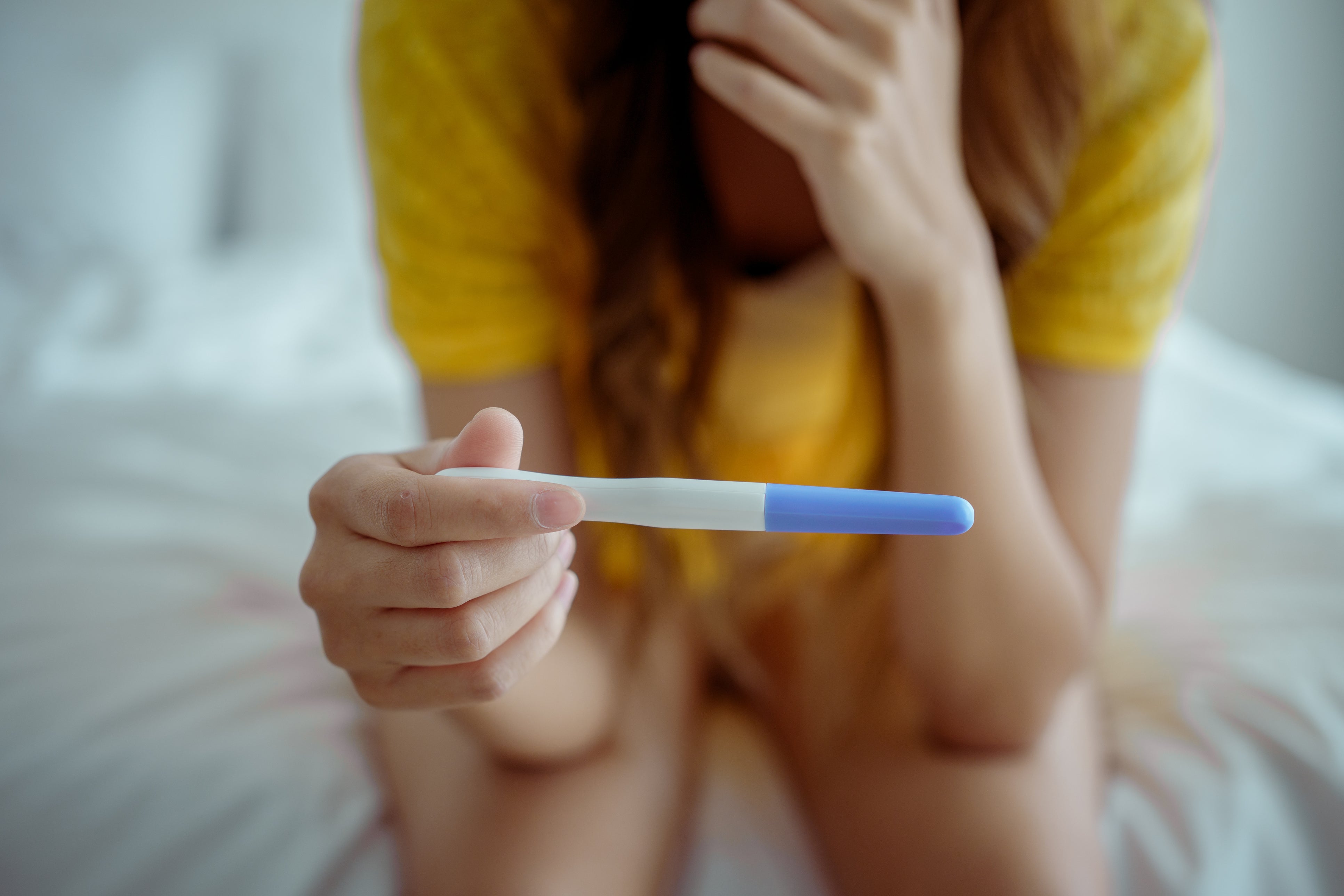- Medical History: Do you have any long-standing medical conditions that need better control before pregnancy? Have you had surgeries that might impact your potential to become pregnant?
- Medications: Are you taking any regular medications that might need to be reviewed for pregnancy safety?
- Lifestyle Factors: What is your lifestyle like? Are you a smoker? How much alcohol do you drink per week? Do you exercise regularly? Is your diet balanced? Is stress impacting your life? Do you have concerns about your weight?
- Menstrual Cycle: Do you have any concerns about your menstrual cycle?
- Family History: Is there any family history of fertility issues or problems?
-
Full Blood Count
-
Urea and Electrolytes
-
Thyroid Function Tests*
-
Iron Studies
-
Vitamin B12, Folate, and Vitamin D
-
Fasting Lipids
-
HbA1c
-
Sexually Transmitted Infection (STI) Screen: An STI screen is important as STIs can cause blockages in the fallopian tubes which can lead to subfertility.
-
Rubella Antibodies

Fertility-Specific Tests
If you’re curious about your fertility health or planning for the future, these tests can provide valuable insights:
- AMH (Anti-Mullerian Hormone): Measures your egg count, indicating ovarian reserve. Low levels suggest poor ovarian reserve, while high levels may indicate Polycystic Ovarian Syndrome (PCOS).
- Day 2-5 Hormone Profile: Includes FSH, LH, Oestradiol, and Prolactin.
- FSH (Follicle Stimulating Hormone): High levels may indicate declining egg numbers.
- LH (Luteinising Hormone): High levels may indicate PCOS.
- Oestradiol: Helps trigger ovulation and thickens the uterine lining.
- Prolactin: High levels can cause subfertility by preventing FSH and LH release.
- PCOS Markers: If PCOS is suspected, checking Testosterone, DHEA Sulphate, and SHBG levels is useful.
- Day 21 Progesterone: Confirms ovulation, especially if there are concerns about anovulatory cycles.
- Thyroid Function: Thyroid disorders can impact fertility in different ways. Those with thyroid imbalances are more likely to experience menstrual cycle disruptions, anovulation (absence of ovulation), fertility issues, and an increased risk of miscarriage or premature birth. Subclinical hypothyroidism (mild reduction in thyroid activity) may also impact fertility. ‘Normal’ thresholds for thyroid hormone levels are too wide for people trying to get pregnant. Thyroid conditions are very common. One in eight women will experience a thyroid disorder in their lifetime and are five times more likely to have a thyroid disorder than men. Sixty percent of women don’t know they have a thyroid condition. Thyroid tests we recommend checking include TSH, T4, T3, and thyroid antibodies.

When to Seek Help
Understanding when to seek professional help is crucial. The table below provides a guideline based on age:
|
Age |
When to Seek Help |
|
20s |
After 12 months of trying |
|
Early 30s |
After 9 months of trying |
|
Over 35 |
After 6 months of trying |
|
Early 40s |
After 3 months of trying |
|
Over 45 |
Immediately |
Male Factor Considerations
Fertility is influenced by both female and male factors. Men should also undergo initial investigations, including:
- Blood Tests: To check overall health.
- STI Screen: To rule out infections that can affect fertility.
- Semen Analysis: To assess sperm count, motility, and morphology.
Conclusion
Knowledge is power when it comes to planning your fertility future. Being proactive about your reproductive health can help identify potential issues early and enable you to plan your family when the time is right. Regular consultations with your GP and understanding these tests can provide a clearer path on your fertility journey.
Proceive® Women is a comprehensive supplement with significantly more nutrients than so many other brands, and at a much higher strength. The capsules contain 28 nutrients. They're suitable for everyone, are certified vegan, and are available on their website, as well as readily available at Boots, Holland and Barrett, and Superdrug

